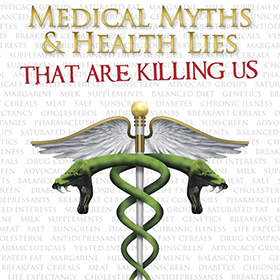
“I may not agree with what you have to say…
but I will defend to the death your right to say it…”
–Voltaire, 17th Century French Philosopher
Upon receiving a compass at age five, Einstein immediately began questioning what made the needle point the same way no matter the position of the device.[i] Later, at fifteen years of age, he was expelled from school for asking too many questions, as the faculty believed he was setting a bad example for his peers. Einstein continued to display this inherent curiosity throughout his life, and later attributed his success as a theoretical physicist to the trait, being quoted as saying, “I am neither especially clever, nor especially gifted. I am only very, very curious.”[ii] Without Einstein’s constant thirst for answers to the many questions he posed throughout his daily life, it would have been impossible for him to remain motivated when confronted with failure.
The mere act of asking an intelligent question can lead to a person being harshly condemned. No questions are allowed. Throughout history people have been ridiculed and ostracized for nothing more than questioning or challenging myths. These unquestioned myths have been accepted as truth and have been responsible for untold suffering and misery around the world. Two centuries ago it was called the Spanish Inquisition in which people, including entire families, were executed on the words of one person, or because the person behaved differently or questioned existing paradigms. A mere act of helping someone with a herb could result in the death of a whole family. This was called the Dark Ages.
It is not much different today. A physician who does not provide conventional chemotherapy and radiotherapy to a dying cancer patient because the physician knows the toxic side-effects, or that the actual benefit from the treatment is only 1% and the fact that the benefits are likely to be outweighed by harm, is prosecuted for malpractice even when all the scientific evidence is in his favour. The system is geared toward protecting the system but not the patient. Or a doctor who does not prescribe statin drugs to lower cholesterol because of the serious and even deadly side effects can be sued if the person has a heart attack—even though the drug does not make a difference and has deadly side effects. What we learn from history is that we don’t seem to learn from history. We just keep repeating the same deadly mistakes.
[i] Dukas, H., and B. Hoffmann. 1989. Albert Einstein, The Human Side: New Glimpses From His Archives.
[ii] Willison, J.W. & O’Regan, K. (2007). Commonly known, commonly not known, totally unknown: A framework for students becoming researchers. Higher Education Research and Development 26 (4) pp 393-410.